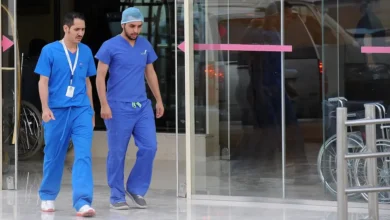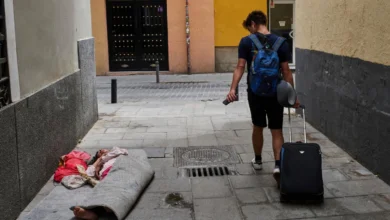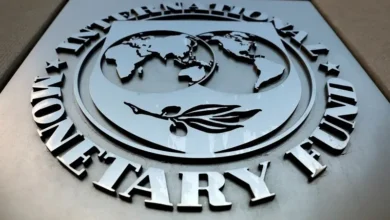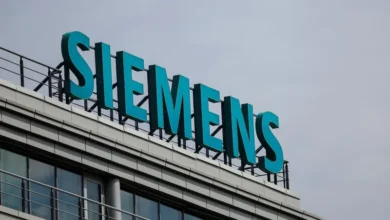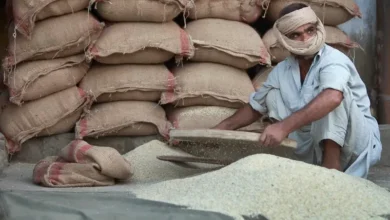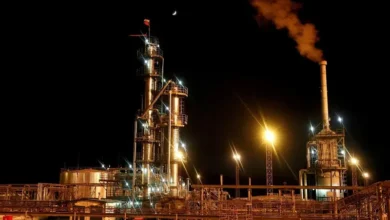Down to Earth: New boutique hotel takes inspiration from 12th-century homes in AlUla
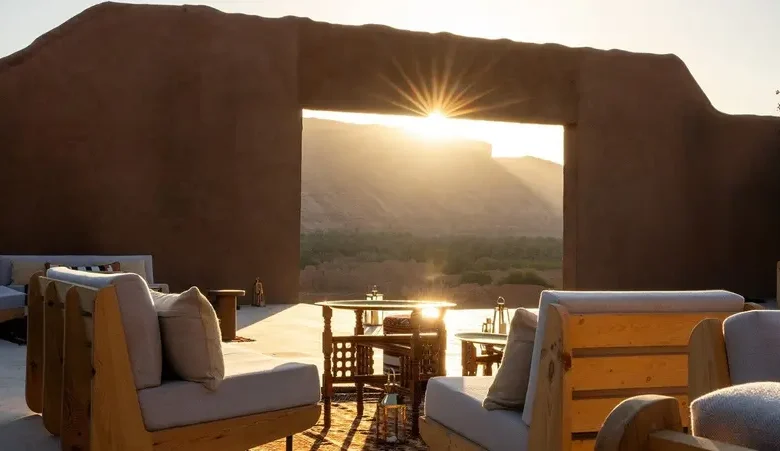
Bookings for a newly unveiled boutique hotel that takes inspiration from the neighboring mud and stone houses in AlUla, opened Friday, adding 30 rooms towards the 5,000 plus keys expected in the oasis city by 2035.
Dubbed the “world’s first ever earth-built hotel” within an eco-community, Dar Tantora The House Hotel was built with sustainability in mind.
The boutique hotel, operated by Kerten Hospitality, was designed in collaboration with Egyptian Architect Shahira Fahmy.
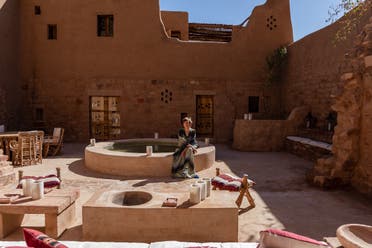
Sitting in the heart of AlUla’s Old Town, the hotel was built using the same materials and architectural techniques as the area’s 900 surviving traditional houses.
The property operates from the southern end of the AlUla Old Town heritage site, where some of the surviving homes have been reimagined into luxury multi-level rooms.

It is located in the heart of AlUla, within walking distance of the Incense Road Market, AlJadidah Arts District, and the Oasis, making it a viable choice for city explorers who want to experience the oasis-city’s traditional living.
Nearby boutique shops sell locally-made souvenirs, arts, ceramics, and fashion, while restaurants such as Tawlat Fayza, Somewhere, Suhail, and Heart of the Oasis offer a mix of local cuisine and international dining.
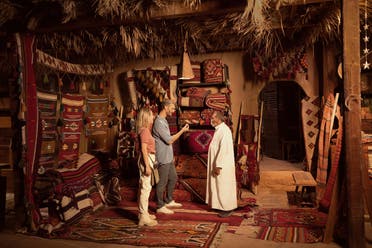
AlUla’s significant heritage
AlUla is a globally significant heritage destination in Northwest Arabia which has been home to 7,000 years of successive civilizations and was the crossroad of the historic trading route, the Incense Road.
AlUla’s Old Town was built as the new city center in the Islamic era, sitting opposite a shady and cool oasis of palm trees and surrounded by wells.
The town was a welcome respite for pilgrims who traveled through AlUla on their way to Mecca.
Residents inhabited AlUla’s Old Town as recently as the 1980s before they left in favor of more modern conveniences and electricity.
Inspired design, operations
Some members of staff at Dar Tantora The House Hotel lived in the Old Town and have intergenerational family connections that date back several centuries.
The hotel’s bread maker is a native of AlUla who grew up in one of the mud and stone houses in Old Town where she would make bread for her family.
The name and unique layout of Dar Tantora were taken from the Tantora – a traditional sundial – which sits at the entrance to the property and has for centuries served as a timekeeper.
In the olden days, the sundial would set the pace of daily life and the cultural cadence of AlUla Old Town, based on the agrarian seasons.
This notion of light and dark has determined the design of the hotel in line with the changing seasons and the regulation of temperature.
The duplex bedrooms at the hotel mirror traditional domestic life in the Old Town, with bedrooms upstairs and living/working areas below.
In addition to the 30 earth-clad rooms and suites, the hotel features an infinity pool, gym, yoga and meditation studio, spa, and restaurant.
Terraces, rooftops, and the infinity pool are all designed to optimize views of the oasis and surrounding rocks and stargazing at night.
The hotel is lit by candlelight and uses restored original irrigation and ventilation systems to minimize energy usage and environmental impact built in collaboration between Fahmy’s team and the founder of Environmental Quality International (EQI) Dr. Mounir Neamatalla.
Fahmy worked closely with specialist restoration teams and traditional local craftsmen to restore the fabric of the 12th-century buildings that make up the hotel property, including the original mud brick walls, stonework, windows, and historic murals.
Embedding art and culture
The walls of Dar Tantora The House Hotel – and AlUla Old Town more widely – are adorned with murals that were traditionally painted by the community as a wedding gift for newly-wed couples to decorate their new home.
These celebratory murals tell stories of local flora, fauna, household items, festive customs, calligraphy, and abstract symbols, alongside joyful motifs connected to themes of abundance and happiness.
Using authentic natural pigments, Fahmy and her team restored these artistic accounts of a changing culture to great effect.
The artistic and cultural heritage of AlUla is built into the very fabric of the property.
The students of AlUla’s nearby art school, the Madrasat Addeera, exhibit their works at Dar Tantora The House Hotel.
The hotel also currently displays three artworks that have been curated by Creative Dialogue and the artworks of Gregory Chatonsky that incorporate Sadu, the traditional Bedouin embroidery technique using hand-woven dyed camel hair formed into geometrical shapes for a variety of textiles.
Local ingredients, zero-waste policy
At ‘JOONTOS’, the property’s signature restaurant, the team strives to source local ingredients by building relationships with AlUla’s farmers and suppliers.
The restaurants also implement a zero-waste philosophy in the kitchen.
Produce available in the surrounding oasis includes a wide variety of citrus, dates, mangoes, pomegranates, and an increasing selection of root vegetables – all of which are sourced as part of an agricultural training program facilitating local farmers to be an integral part of the food supply chain as hospitality grows in AlUla.
